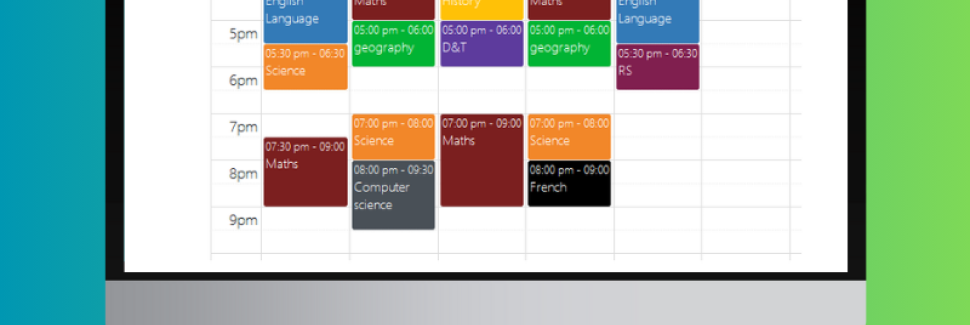
Unless you rank up alongside Albert Einstein for intellect, the chances are you probably hate sitting exams. However confident you may feel you have done the right amount of revision and feel you know the subject well; you are still likely to suffer at least some sense of anxiety or trepidation as the exam day approaches.
Our Top Tips for avoiding stress in the exam room
1. Accept that everybody else in the exam is feeling exactly the same way as you! However much bravado some of your friends may have shown on the way into the exam room, they are all secretly stressing it too. Knowing this may not exactly relax you, but will help you understand what you are feeling is perfectively normal.
2. Try to relax, this may sound easier said than done, but you will need to relax to be able to plan your answers correctly. Use breathing techniques to help you. Breath in through your nose and out through your mouth. Breath as deeply down into your belly as you can, then slowly breath out. Repeating this exercise should help you relax.
3. Plan your answers carefully, remember as a rule of thumb about 35% of your exam time should be spent planning your answers. This time should be spent calmly reading and re-reading the question and then thinking about how you are going to answer it. One of the most common mistakes made by students is to rush through a plan and then leave chunks of information out of their answers. Remember the old adage “Proper Planning Prevents Piss Poor Performance”.
4. Keep track of the time, allocate enough time for each question and stick to it. Your stress levels will only increase if you end up panicking and rushing to fit the last question in, Remember the sure fire way to throw away marks in an exam is to miss out a question!
5. At the end of the exam, don’t join in your classmates exam post-mortem discussions, especially if you still have further exams to go in this series. Exam post-mortems involve a group of students talking about how they answered each question. This can cause additional panic if it turns out your answer is different to the majority of your classmates. It can lead you to believe you have failed and can demotivate you from undertaking further revision.





